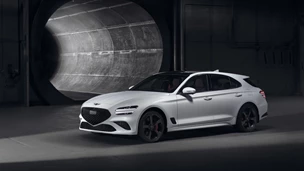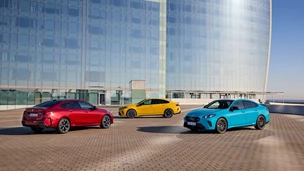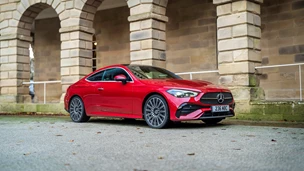Introduction
Along with the Ibiza, the Leon is a popular and long-standing model for Seat. The hatchback is based on the Volkswagen Golf, but offers a more stylish look and better value for money than its German sibling.
It’s Seat’s best-selling model ever, and despite it starting to show its age, it remains hugely popular in the UK.
The latest facelift has been on sale since February 2017 – reaching showrooms with a revised look, new safety assistance features and the introduction of luxurious trim levels – known as Xcellence.
But can the Leon continue to hold its own against fresher opposition from the Kia Ceed, Ford Focus and Skoda Scala?
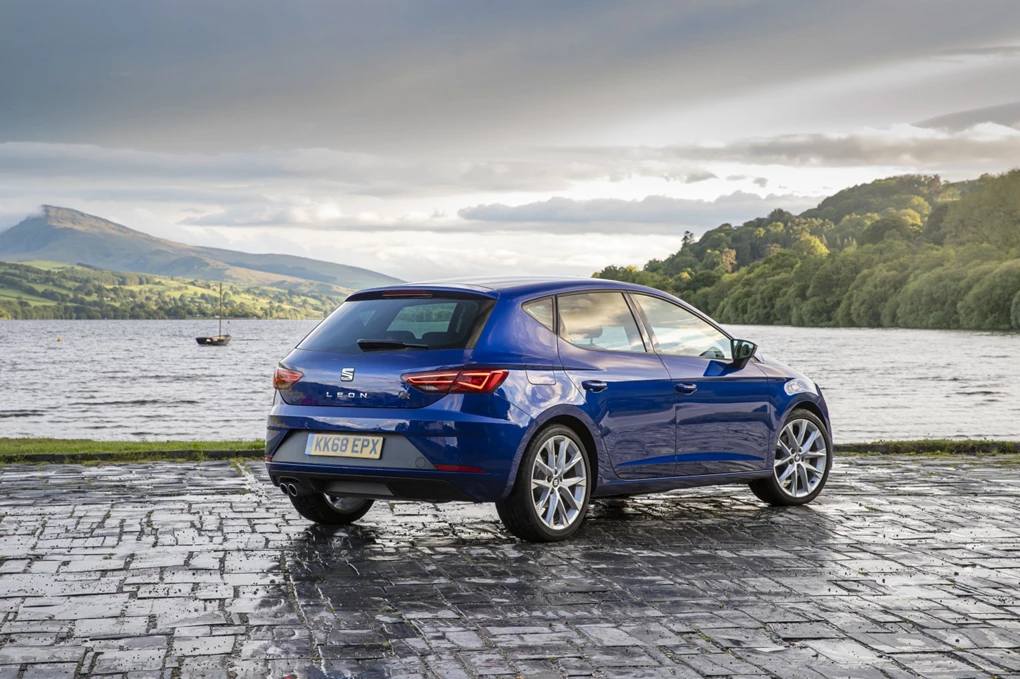
Performance
While Seat’s Cupra division offers a host of performance variants for the Leon, here we are focusing on the standard hatchback.
The petrol units consist of a 113bhp 1.0-litre TSI engine, as well as a 1.5-litre TSI unit producing either 128bhp or 148bhp. Our test car was the latter and came equipped with a six-speed manual gearbox (a seven-speed DSG is also offered).
It’s a smooth and refined powertrain and is a good match for a car of this size. It’s not the most efficient unit, though, even with its cylinder deactivation technology.
For buyers who are covering more miles, diesel options might make more sense. The options are between a 113bhp 1.6-litre diesel unit and a 148bhp 2.0-litre diesel engine – both of which come with the choice between manual and automatic transmissions.
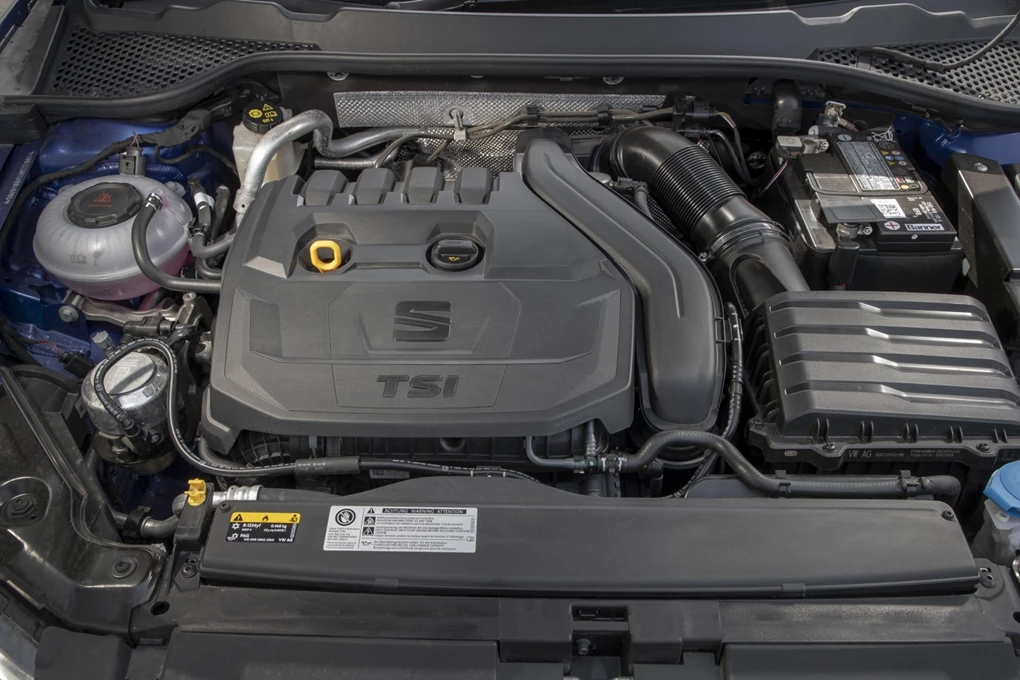
Ride and handling
Seat is the firm that sits at the sportier end of the Volkswagen Group spectrum, and this translates over to the Leon. It’s the best Leon yet for this, with accurate and well-weighted steering resulting in an enjoyable driving experience.
Sure, it might not be as good behind the wheel as the class-leading Ford Focus, but it offers a more involving drive than plenty of its rivals. And should you want to take up the thrill levels up a notch, take a look at the sportier Cupra models.
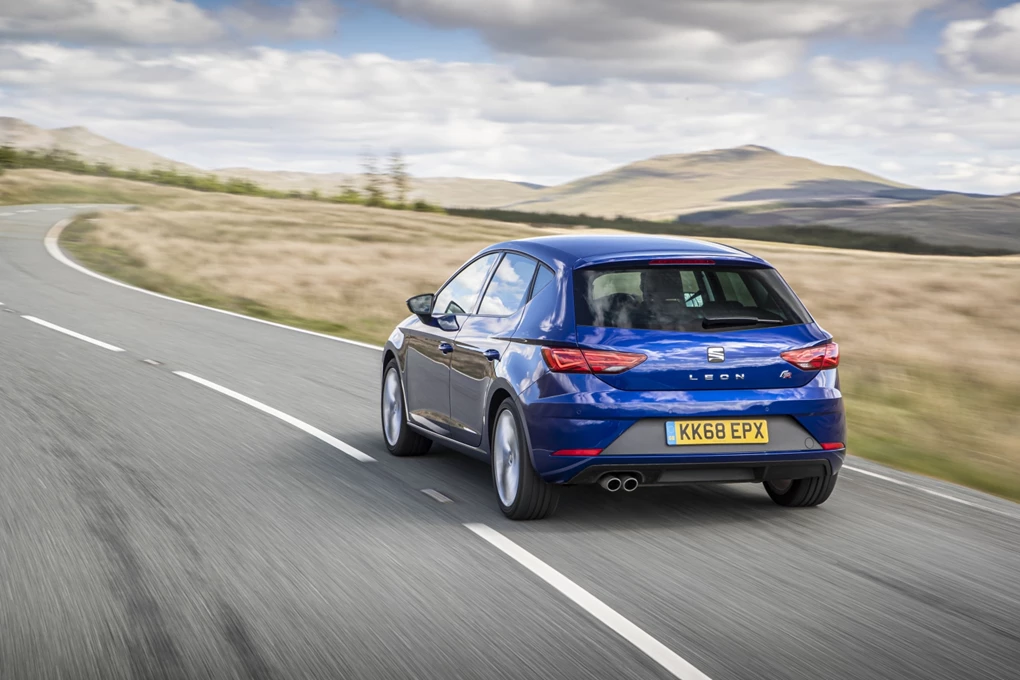
Interior and equipment
As with many models that are coming up the point where they need replacing, the Leon’s cabin is the only real aspect that shows the hatchback’s age.
On the plus side, the design is quite minimalist, meaning that everything is easy to operate, with plenty of clear displays, while a touchscreen is still included as standard, even if it’s not as hi-tech or connected as fresher-faced rivals. But the interior quality is still holding its own – not feeling too different to the more expensive Volkswagen Golf – with few cheaper interior plastics creeping in.
Seat no longer offers the Leon as a three-door model, meaning buyers are left with a practical five-door hatchback. This is still well-sized, and offers a well-sized 380-lite boot, and a decent amount of room in the back for adults. An estate (ST) version is also offered for those needing more boot space.
Standard equipment on the SE includes 16-inch alloys, cruise control and an eight-inch touchscreen with smartphone connectivity. Popular SE Dynamic grade builds on this with larger 17-inch alloys, satellite navigation and front and rear parking sensors.
Sporty needs are met with the FR< which comes with a revised bodykit, along with LED headlights, ambient lighting and dual-zone climate control. Upgrading to the FR Sport adds stylish 18-inch alloys, along with leather sports seats, heated front seats and a digital cockpit.
The luxurious Xcellence also features LED headlights, along with keyless entry and go and adaptive cruise control, with range-topping Xcellence Lux featuring revised alloys, a digital cockpit and a suite of safety kit.
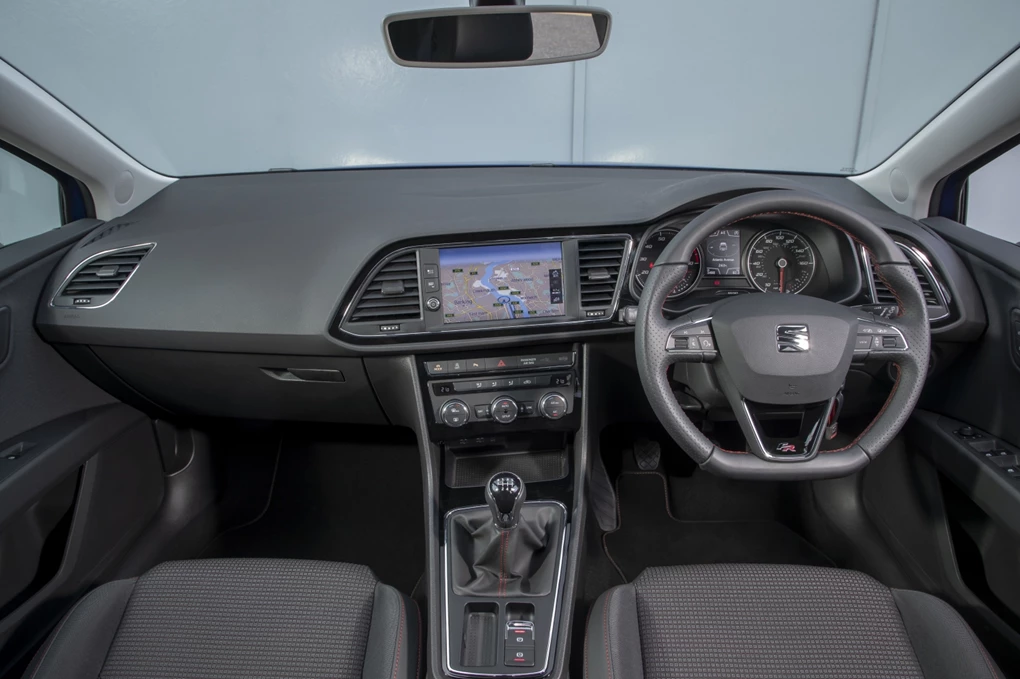
Cost
The Leon is one of the more affordable cars in its class, with prices starting from just £18,265, which gives you lots of car and equipment for the money. The top models are a bit on the pricey side, though, but it’s worth considering the superb kit levels offered throughout the range.
No engines are particularly inefficient – even the Cupra models – but the 1.6-litre TDI is the model to go for if you want to keep running costs down.
As for running costs, Seat claims the Leon, as tested here, can return 48.7mpg on the combined WLTP cycle while emitting 117g/km in CO2 emissions.
- Entry level Leon SE - starting from £18,265.00
- Range topping Leon Xcellence Lux - starting from £25,065.00
Prices correct at time of publishing from the manufacturer website.
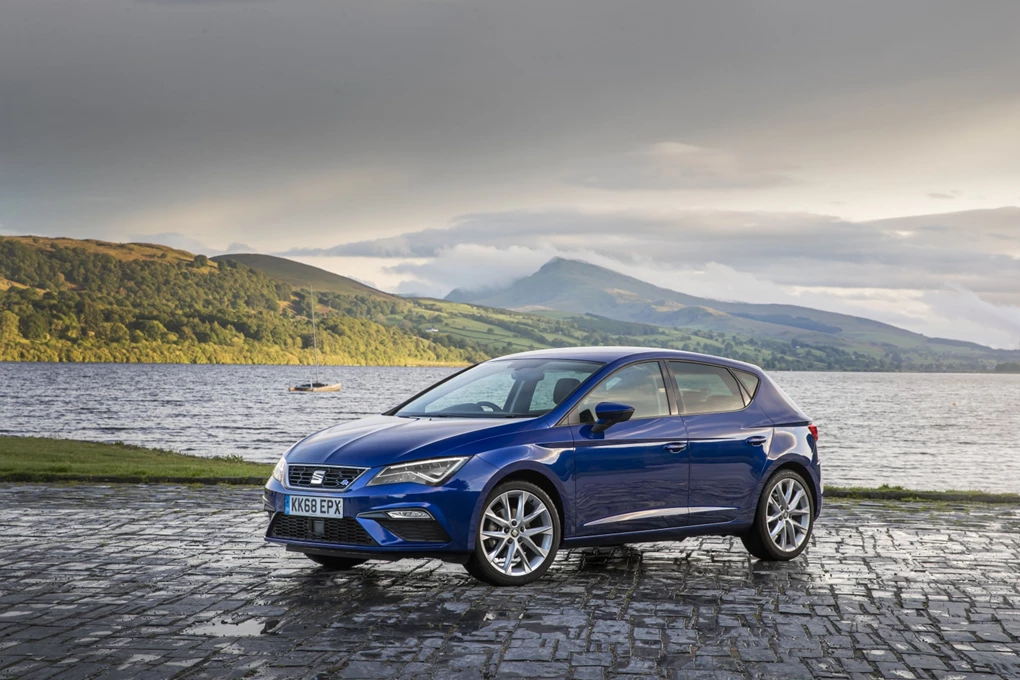
Verdict
The Seat Leon has had a tough job ensuring it keeps up with newer and more tech-laden opposition, and while this model’s interior might be starting to feel its age, it remains a very competitive model in this crowded class.
The Leon’s broad range of engines, attractive starting prices and stylish styling are plenty of great reasons why this Seat is a model that should be on your shortlist.

